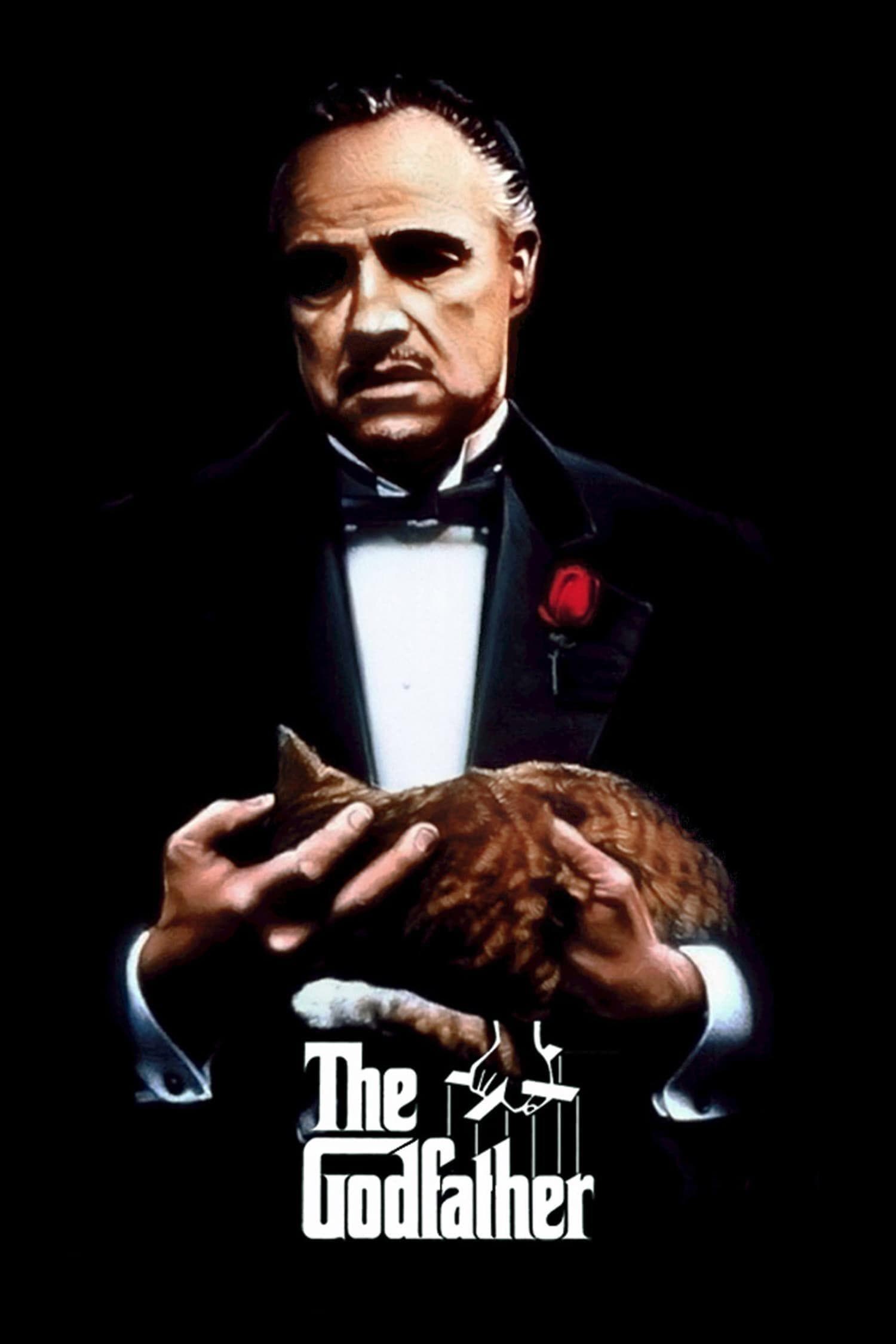
The Godfather
1972
Rate this movie
Average: 5.00 / 5
(1 votes)
Director
The Godfather is undoubtedly one of the most beloved films in cinema history, one of those rare works that transcend mere storytelling to become a cornerstone of popular culture and cinematic art. Its imprint is indelible, a modern epic that continues to resonate, generation after generation, due to its timelessness and the depth of its archetypes.
A resounding box office success, it was also lauded by critics who recognized, almost unanimously, in the characterization of the characters – sculpted with a carver's precision –, in the epic, almost Shakespearean strength of the narrative, and in the sumptuous, meticulous scenic reconstruction, the immeasurable greatness of Francis Ford Coppola's work. His genius, initially questioned by Paramount production itself, which saw in him a young director far too ambitious for a project of such magnitude, manifested in a bold vision, capable of transforming a popular best-seller into a lyrical and tragic work of art.
Francis Ford Coppola thus pushes his cinematic investigation into the world of Italian-American mafia, an often-stereotyped universe, conferring upon it an almost anthropological dignity, drawing inspiration from Mario Puzo's novel. The relationship between the two, Coppola and Puzo, co-screenwriters, was crucial: Puzo provided the narrative structure and the authenticity of the dialogues, while Coppola infused his authorial gaze, elevating the story to a universal drama about family, power, and the corruption of the American dream. His stubbornness in insisting on actors then unwelcome to the production, such as Brando and Pacino, proved to be a winning bet, a masterful stroke that shaped the collective imagination.
The performances of Al Pacino and Marlon Brando were extraordinary, their magnetic presence lending luster to a story that truly became universal. Brando, with those puffed cheeks, slurred voice, and an aura of weary authority, instantly became the almost mythological prototype of the crime boss, an icon whose shadow is cast over every subsequent portrayal in the genre. His performance, also the result of an almost mimetic acting method – the famous cotton wool to alter his face, the improvisation of certain gestures – is a monument of acting. Alongside him, Al Pacino accomplishes one of the most gradual and shocking transformations in cinema history: from a clean-faced war hero with crystalline ideals to a cold strategist, whose innocence progressively corrodes under the weight of power and violence. No less memorable are the performances of James Caan as Sonny, the impulsive and loyal eldest son, and Robert Duvall as Tom Hagen, the lawyer and consigliere, a stoic and ambiguous figure.
The story narrates the rise of the Corleone family, a family unit gathered around patriarch Vito, who emigrated from Sicily to New York as a child and became, with implacable determination, the head of a criminal organization branched into many seemingly innocuous but deeply illicit businesses: from gambling to prostitution, from bootlegging during Prohibition to union management. The Corleone epic is not limited to chronicling their criminal affairs but delves with touching intimacy into unspoken loves, family feuds fueled by honor and revenge, rigid traditions passed down from father to son, and the daily routine that masks the brutality of their world. Here, the mafia is not just criminality but a kind of counter-state, a parallel society with its own laws, rituals, and hierarchies, offering a network of protection and justice outside of the official one, which is often corrupt and ineffective.
Don Vito has three sons: Mike, a war hero destined for a future as a lawyer and an integrated life, Sonny, and Fredo, the latter being the most fragile and vulnerable, already involved in Don Vito's organization. It is the dynamic of this family, dysfunctional yet bound by a visceral affection, that constitutes the true core of the drama. Following Don Vito's refusal to enter the drug market, aimed at a powerful man of the Tattaglia family, in the name of a code of honor that the new criminality is slowly eroding, the Corleone family will have to suffer the rivals' retaliation.
In an assassination attempt, orchestrated with ruthless efficiency, Don Vito is gravely wounded, triggering a chain reaction that will seal Michael's destiny. It is he, the son estranged from family affairs, who, almost by an obscure call of blood, undertakes to kill the perpetrator of the attack and the colluding police captain, an act of violence that represents his baptism of fire, his definitive descent into a world from which he believed himself immune. Mike subsequently has to take refuge in Sicily, an ancestral and mythical land, where he confronts the roots of his lineage and finds an ephemeral but pure love, while the turbulent waters of the family war subside.
Upon his return to New York, Mike is no longer the shy and submissive young man who wanted to be a lawyer, the innocent bystander, but is now the Family's new Godfather. His transformation is complete and irreversible, a modern Faust who sells his soul to save his lineage and who proves to be more ruthless and calculating than his father. He will manage affairs his own way, with a cold and inexorable logic, and will begin his activity with a methodical and symbolic purge, eliminating rivals one by one during his nephew's baptism, in an alternating montage that has become cinematic legend, sealing forever his destiny as a solitary and powerful man.
Coppola, with a masterful touch, does not merely show us these people, but makes us love them, or at least makes us understand them in their complex humanity. He makes us eager to know what happens in their lives, makes us privy to their failures and victories, transforming the audience into a silent accomplice. This total immersion, supported by the masterful cinematography of Gordon Willis, the "Prince of Darkness" who envelops the scene in Caravaggesque chiaroscuro, and by Nino Rota's melancholic and unforgettable soundtrack, creates a unique atmosphere.
The immeasurable greatness of The Godfather lies precisely in this: an immeasurable pathos that is established between the characters on screen and the spectator who follows their events, almost hypnotized by the unfolding of the story and unable to make moral judgments. It is not a glorification of criminality, but a ruthless analysis of the nature of power, legacy, and sacrifice, which forces us to confront the shadows of the human soul, revealing the tragic grandeur of a clan that is, in its own way, the dark reflection of the society surrounding it. The Godfather is not just a film, but a cathartic experience, a universal reflection on family, loyalty, and the price of ambition, which continues to shine as one of the insurmountable pinnacles of the seventh art.
Main Actors
Country
Gallery

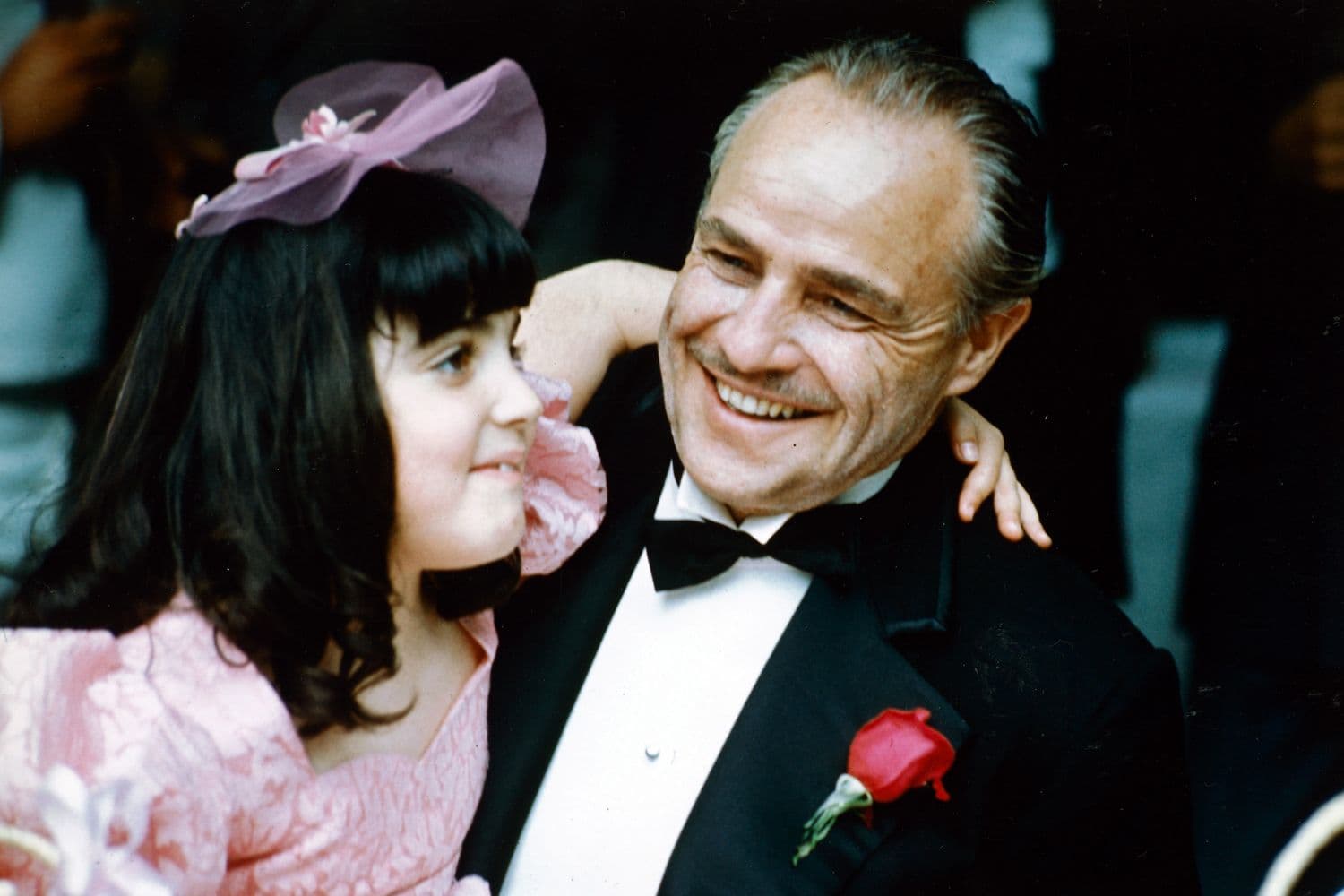

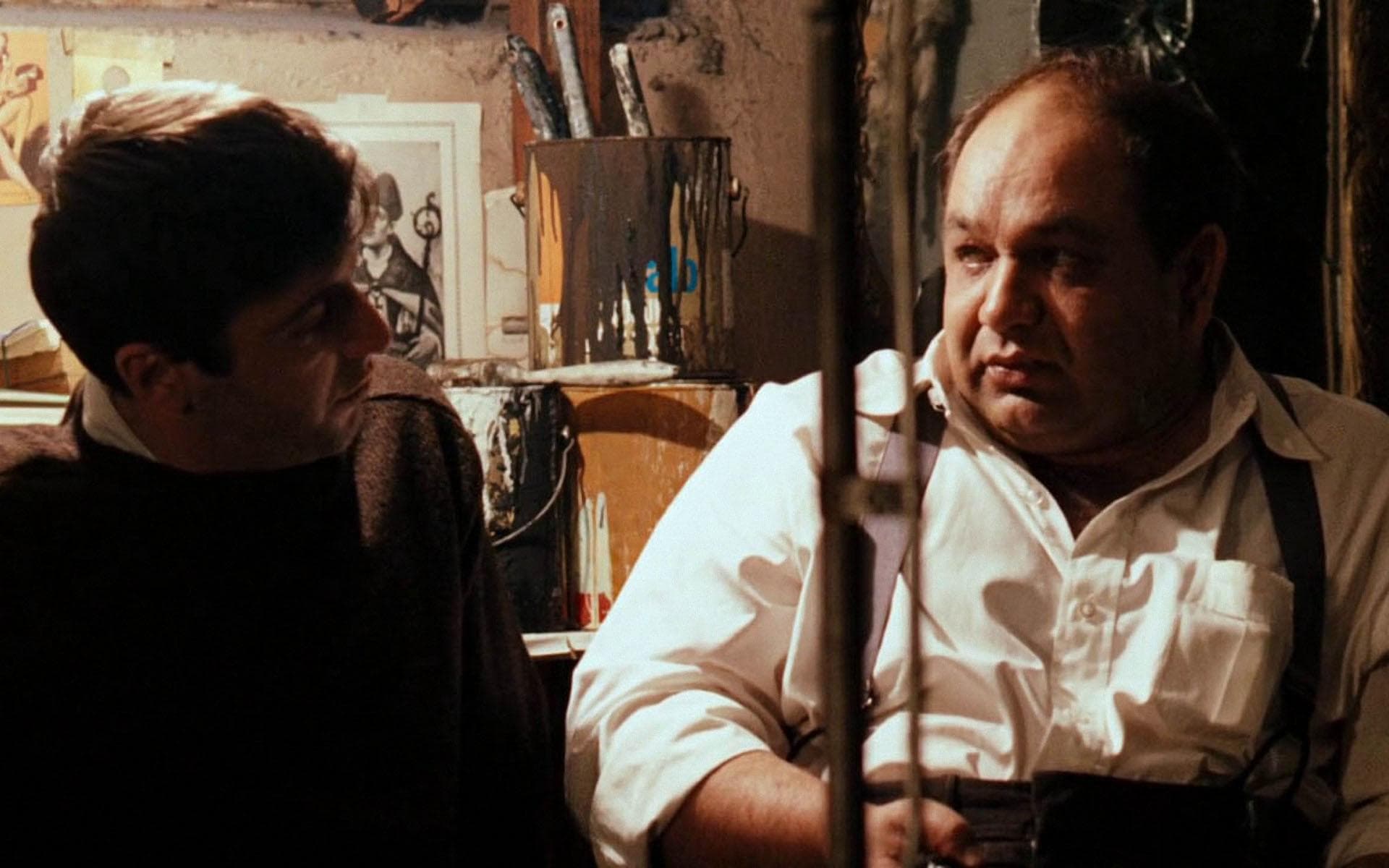



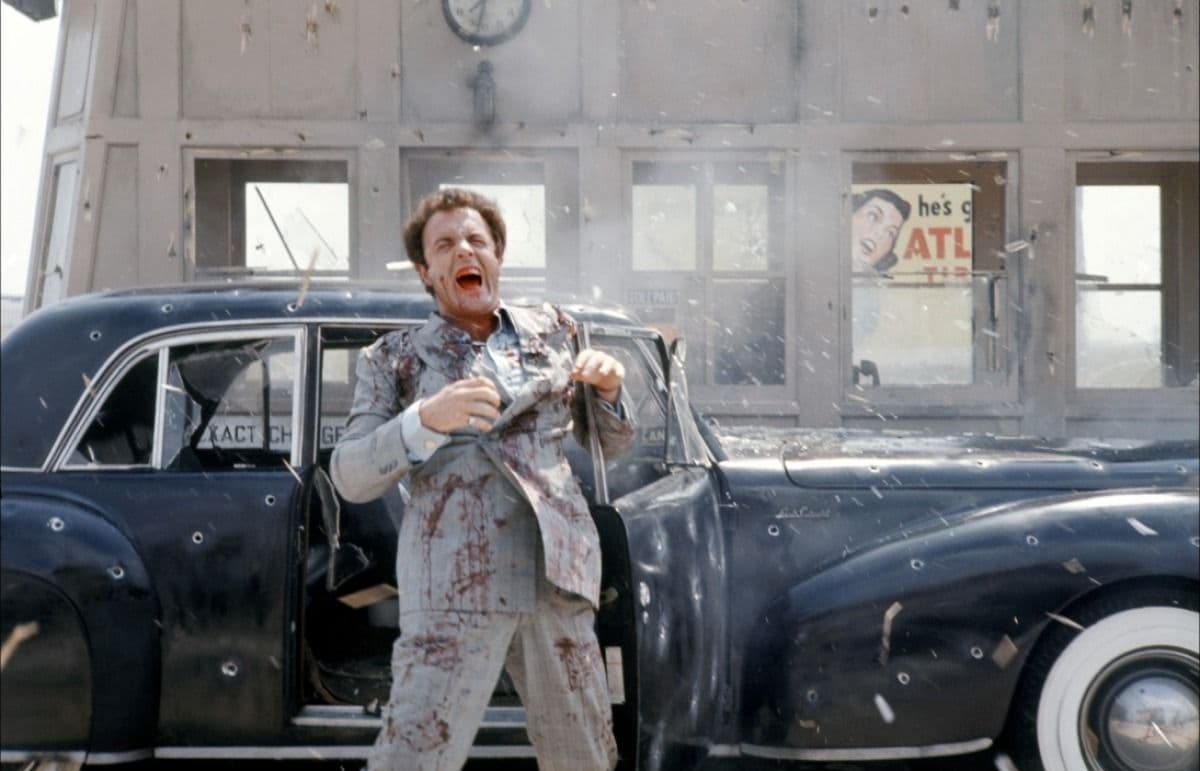
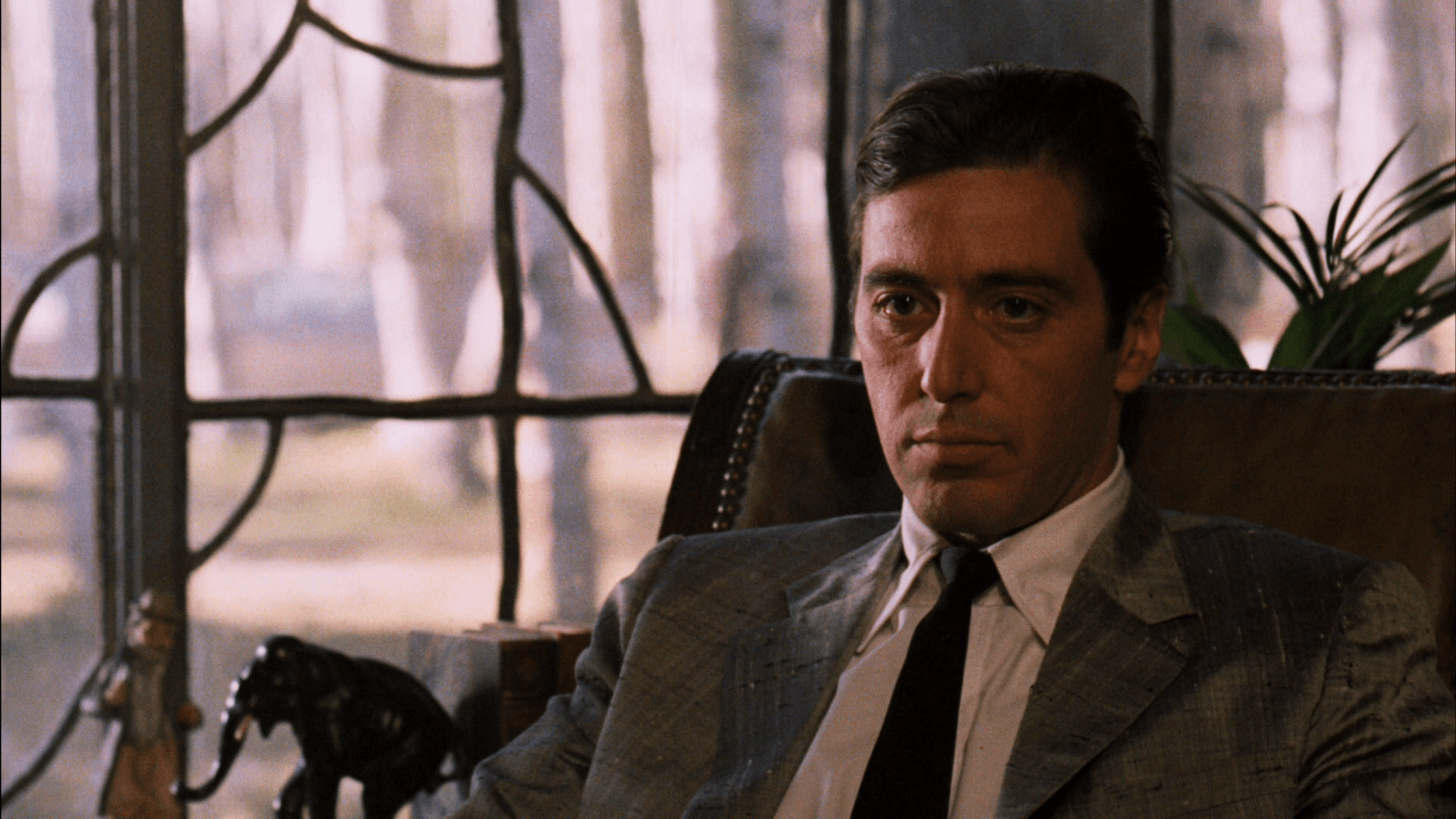
Featured Videos
Official Trailer
Comments
Loading comments...